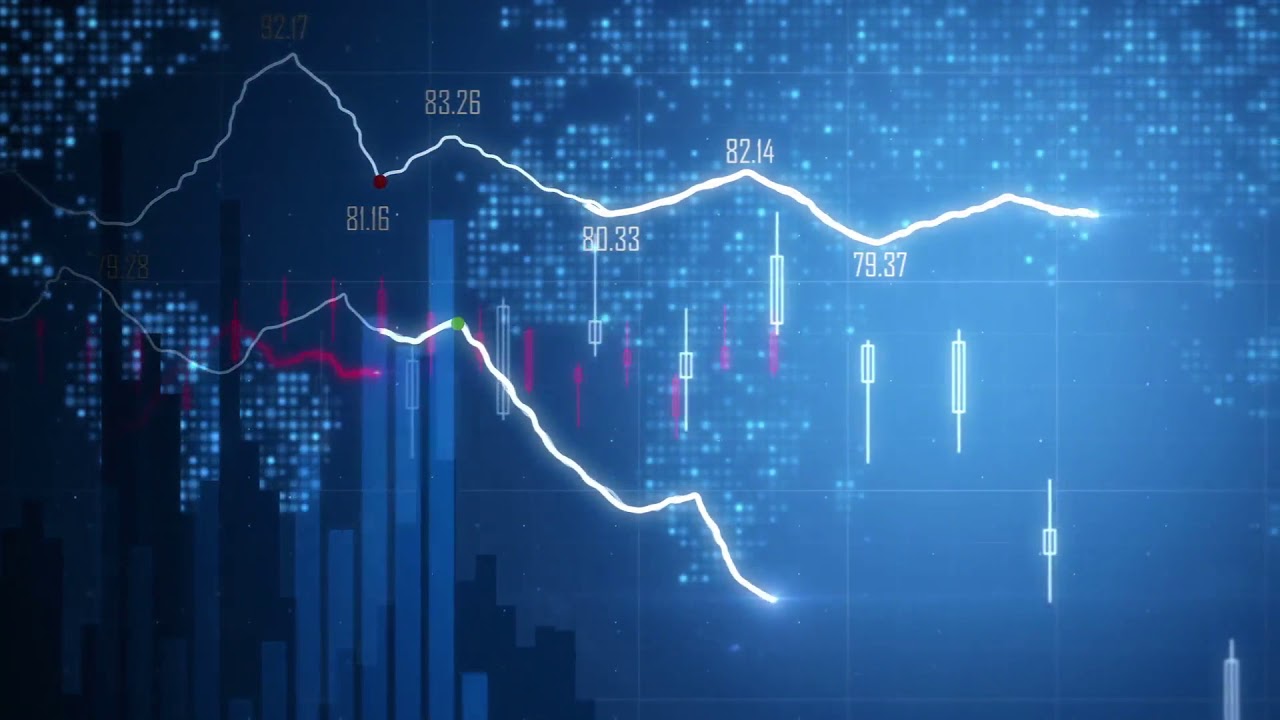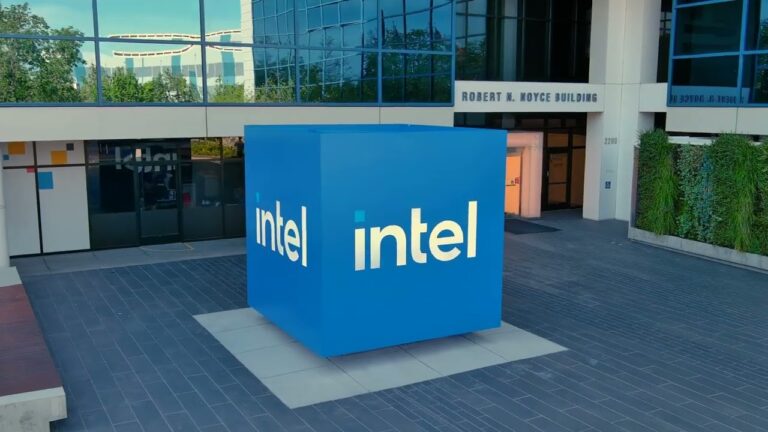Last week, Global equity markets experienced a sudden Global market crash and the blow was especially hard for Japanese investors. When the global market plunged in an unexpected fashion, investors were left trying to discover what made it happen and if there will be more to come. While there are many small proximate causes such as changes in interest rates or exchange rates, there is a larger story that goes against the narrative established by conventional theories of financial markets and investment management.
The roots of the initial shock can be detection with the appreciation of the Japanese yen by 80 percent in a span of five years. This rise, mainly caused by changes in interest rate, raised the price of Japanese goods for the importers thus earning less export demand. Consequently, the corporate threes in Japan dropped drastically leading to a huge drain of the Japanese stock market. However, the consequences of the Pacific war did not end in Japan. This was made worse by the fact that everyone is in some way connected in today’s markets hence affecting European, US and other major stock markets.
Scarpati on Market Crash
Michael A. Scarpati, Founder and CEO of RetireUS, provided a clear analysis: ‘The recent global market crash especially in Japan, could be attributed to the yen appreciation due to interest rate change.As global buyers became unwilling to pay for Japanese goods priced in a strong yen; this would necessarily squeeze corporate profits; as Japan’s economy depends greatly on exports; it sparked a global sell-off of Japanese stocks’.
Although this explanation is quite appropriate this does not tell the whole tale. It is not just about asking ‘why?’ at the end of this crash but also ‘what does it mean for the future?’ This crash has brought out a key understanding that global investment markets are highly volatile and investors are still clinging on to strategies that no longer work in today’s world.
This means that the conventional models of diversification which have for long been seen as a path to safety are beginning to fail in a globalized economic environment. The recent crash raised to question the effectiveness of diversification by proving that even different investments can go down at the same time.
These examples, therefore, explicate and exemplify why markets have to be transformable for investment. On the one hand, it is necessary to refrain from panic and start selling – on the other hand, it is equally necessary to understand when one has to fold and switch strategies. As Scarpati puts it ”if you are not reviewing the market to fine new ways of protecting the portfolio then you are taking a risk as a manager’.
What lies at the heart of RetireUS is the concept of optimizing freedom of funds and achieving this through building entirely bespoke solutions. Let alone this recent crash is a raw lesson to the investors, who must fashion how they approach the challenge of planning for their finances. Now is the time that the whole world changes its tactics for another world is possible. Ignorance of this reality is something that no investor needs to admit to.




+ There are no comments
Add yours